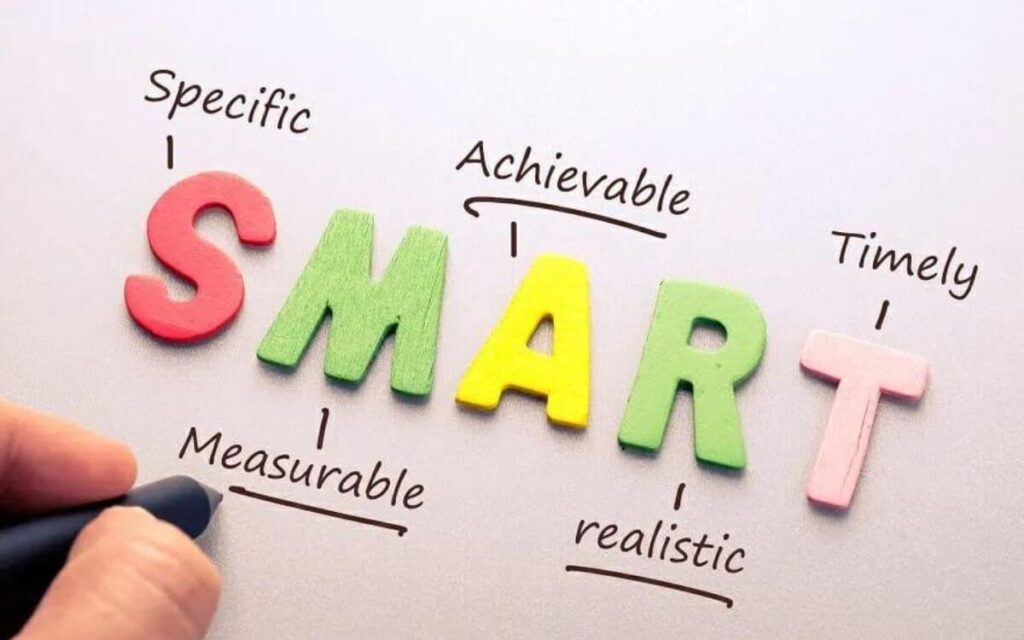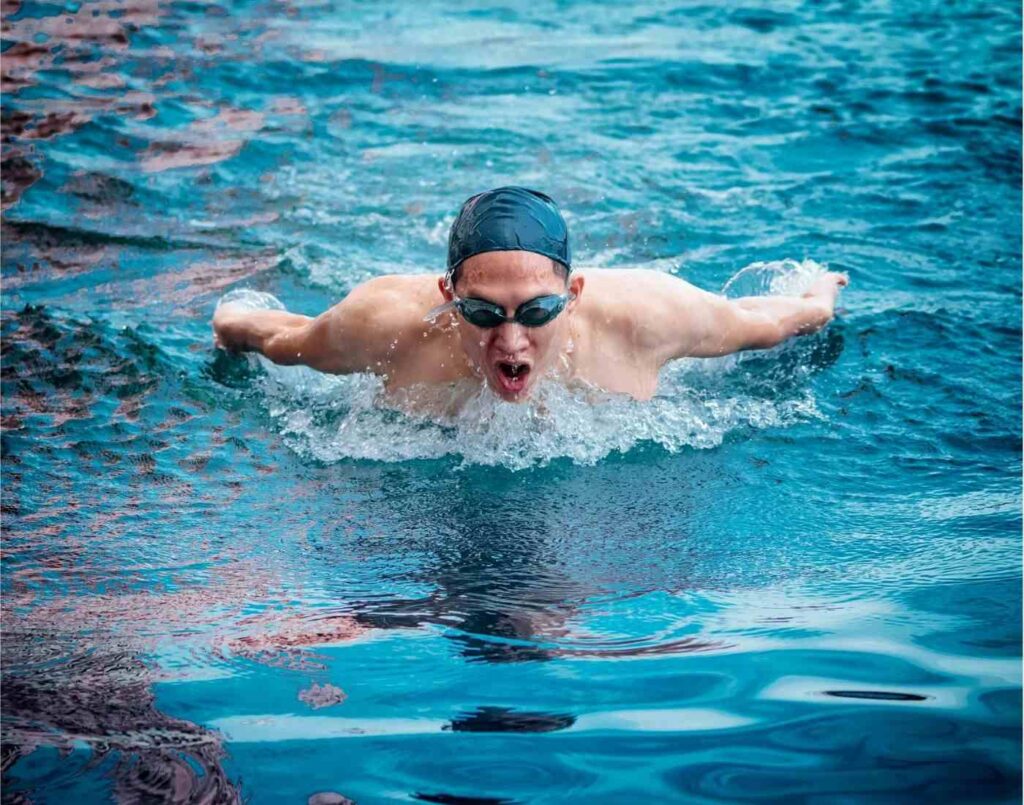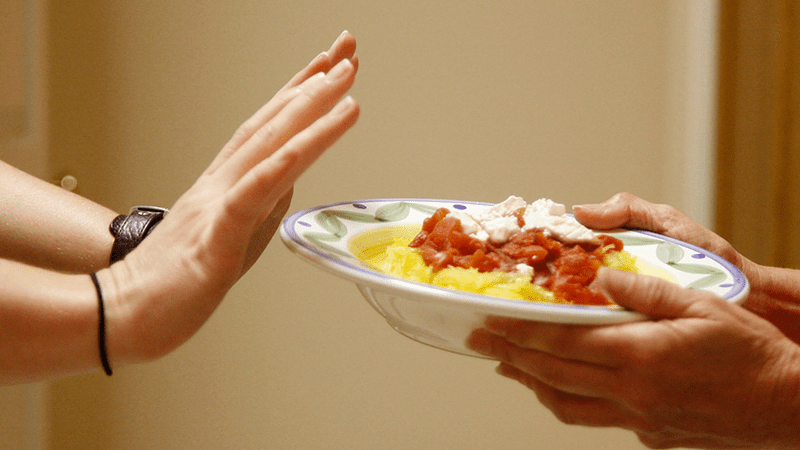Embarking on a swimmer’s diet plan to lose weight combines the physical benefits of swimming with the nutritional balance required for optimal performance and health. In this comprehensive guide, Swim Time Log will delve into various aspects of diet planning, swimming routines, and lifestyle adjustments necessary for swimmers aiming to shed pounds effectively.
Key Takeaways
- Swimming is an effective low-impact exercise for weight loss, enhancing cardiovascular health and burning calories.
- A balanced diet, including hydration, essential vitamins, and proper macronutrients, is crucial to support swimming activities and weight loss.
- Consistency in swimming routines and diet adherence significantly impacts weight loss success.
- Pre and post-swim nutrition are vital for energy provision and recovery, influencing overall performance and health.
- Lifestyle factors such as adequate sleep and stress management play a significant role in supporting a weight loss journey for swimmers.
Kickstarting Your Swimmers Diet Plan to Lose Weight
Embarking on a weight loss journey through swimming requires not just dedication in the pool, but also in the kitchen. Here’s how you can set the stage for success:
Setting Realistic Goals
Start by defining clear, achievable goals. Whether it’s losing a certain amount of weight or improving swim times, having specific targets will guide your diet and training decisions. Keep a swim time log to track progress and adjust as needed.

Setting smart goal
Choosing the Right Foods
Focus on foods that fuel your swimming sessions and aid recovery. Incorporate a balanced mix of proteins, carbs, and fats. Don’t forget to hydrate! A simple meal plan could look like this:
| Meal Time | Food Type | Example |
|---|---|---|
| Breakfast | Protein + Carb | Oatmeal with almonds |
| Lunch | Balanced Meal | Grilled chicken salad |
| Dinner | Light Protein | Baked salmon with veggies |
Scheduling Your Meals
Timing is crucial. Eat a light meal or snack about 1 to 2 hours before swimming to ensure you have the energy without feeling too full. Post-swim, opt for a meal rich in proteins and carbs to aid in recovery. Consistency in meal timing can help regulate your metabolism and support sustained weight loss.
Swimming Routines That Complement Your Diet
Varying Your Strokes
To keep your workouts interesting and to test different muscle groups, mix up your swimming exercises. Aim to swim frequently to maintain improvement and enhance your swimming abilities because consistency is essential for the best results. To assist your efforts to lose weight, keep in mind that a balanced diet should be included in your swimming exercise. Swimming and weight loss goes alternatively if you are regular.

Maintain swimming routine
Incorporating Intensity
Start with short, reasonable sessions, then progressively up the duration and intensity. This approach not only helps you burn more calories but also improves your cardiovascular health. As you get stronger, challenge yourself with more intense sessions to see significant improvements in your swimming speed and endurance.
Maintaining Consistency
Aim to go swimming frequently for best outcomes. You can maintain your improvement and advance your swimming abilities by being consistent. To aid in your weight loss efforts, combine your swimming practice with a balanced diet. Feed your body good nutrients to give it energy for exercise. Swimming is undoubtedly one of the best workouts for losing weight because it has so many advantages for both your body and mind.
Nutritional Must-Haves for Swimmers
Importance of Hydration
Stay hydrated even when you’re surrounded by water. It’s easy to overlook, but dehydration can sneak up on you during long swim sessions. Make sure to drink plenty of water before, during, and after your swim to maintain optimal performance and recovery.
Essential Vitamins and Minerals
A balanced diet rich in essential vitamins and minerals is crucial for swimmers. Pay attention to your intake of vitamin D, omega-3s, iron, and calcium. These nutrients help maintain your health and enhance your body’s ability to perform and recover.

Essential vitamins
Balancing Macronutrients
Your body needs a balanced mix of carbohydrates, proteins, and fats to fuel long swimming sessions and aid in recovery. Carbohydrates are your main source of energy, while proteins are essential for muscle repair. Don’t forget the fats—they provide long-lasting energy and are vital for overall health. Opt for sources like whole grains, lean proteins, and healthy fats to keep your energy levels consistent.
Pre and Post Swim Nutrition
What to Eat Before Swimming
Before diving into the pool, it’s crucial to fuel up with the right nutrients to ensure you have enough energy to power through your swim. Aim for a mix of carbohydrates and a moderate amount of protein about 1-3 hours before swimming. Hydrating yourself is also key, so don’t skimp on fluids!
- Carbohydrates: 1-2 grams per kg of body weight
- Hydration: Plenty of water
- Snacks: Fruit or a small yogurt
Recovery Foods After Swimming
After your swim, your body needs to recover and replenish the energy spent. A balanced meal that includes protein, carbs, and fats is ideal. This could be a chicken salad with veggies and a drizzle of olive oil, ensuring you get the nutrients needed for recovery.
- Protein: Essential for muscle repair
- Carbohydrates: At least 5 grams per kg of body weight
- Fats: Healthy fats like avocados and nuts
Snacks on the Go
For swimmers who are always on the move, having portable and nutritious snacks is crucial. Opt for options that are easy to carry and can provide a quick energy boost. Think along the lines of energy bars, trail mix, or a banana. These snacks are perfect for those moments when you need a quick bite before or after your swim.
Common Mistakes to Avoid in Your Diet Plan
Skipping Meals
Skipping meals might seem like a quick shortcut to losing weight, but it can actually backfire. It slows down your metabolism and can lead to overeating later in the day. Consistency is key, so try to stick to regular meal times as much as possible.

Do not skipping meals
Overindulging in ‘Healthy’ Snacks
Just because a snack is labeled ‘healthy’ doesn’t mean it’s calorie-free. It’s easy to overeat when you’re munching on supposedly guilt-free snacks. Keep track of your portions and opt for whole, unprocessed options whenever possible.
Neglecting Food Quality
The quality of the food you eat is just as important as the quantity. Avoid foods that are heavily processed or high in sugar and fat. Instead, focus on fresh, nutrient-dense foods that will support your body and your swimmer’s diet plan.
How to Stay Motivated on Your Diet Journey
Staying motivated on your diet journey can sometimes feel like swimming against the current. But with the right strategies, you can keep pushing forward and see the results you’re aiming for.
Tracking Progress
Start by setting clear, achievable goals and keep a record of your progress. Whether it’s through a fitness app or a simple journal, seeing your improvements over time can be a huge motivator. Regular check-ins with yourself help you stay on track and make necessary adjustments.
Celebrating Small Wins
Every little success counts! Celebrate milestones, no matter how small they may seem. This could be anything from sticking to your diet for a full week to improving your swim time. These celebrations reinforce positive behavior and keep the journey enjoyable.
Seeking Support from Fellow Swimmers
Don’t go it alone! Joining a community of like-minded individuals who are also on their weight loss journey can provide invaluable support. Sharing tips, challenges, and successes with fellow swimmers can boost your motivation and help you stay committed.
Remember, the key to maintaining motivation is to focus on progress, not perfection. Embrace the journey and adjust your strategies as you learn what works best for you.
Adjusting Your Diet as You Progress
As you dive deeper into your swimming and diet regimen, it’s crucial to stay attuned to your body’s changing needs. Here’s how you can keep your nutrition in check:
When to Tweak Your Caloric Intake
Keep a close eye on your energy levels and weight loss progress. If you notice a plateau, it might be time to adjust your caloric intake. Small changes can make a big difference in reigniting your metabolism and pushing past those stubborn weight loss barriers.
Listening to Your Body
Your body is your best guide. If you’re feeling sluggish or constantly hungry, these could be signs that your nutritional needs aren’t being met. Adjusting meal sizes or the timing of your meals could help you feel more energized and satisfied.
Incorporating New Foods and Recipes
To keep your diet exciting and sustainable, introduce new foods and recipes that align with your nutritional goals. Experimenting with different ingredients can help you discover new favorite dishes that support your swimming performance.
Remember, the goal is to develop eating habits that you can maintain for a lifetime, not just for a season.
The Role of Sleep and Stress Management
Getting enough sleep and managing stress are crucial for swimmers looking to optimize their diet and performance. Adequate sleep regulates hormones that control appetite and recovery, making it a cornerstone of any effective diet plan. Establishing a consistent sleep routine that includes 7-9 hours of quality sleep each night can significantly enhance your weight loss efforts.

Stress management
Managing stress effectively complements your diet by keeping your body in a state conducive to weight loss. Techniques such as mindfulness, meditation, and regular physical activity can help maintain a balanced mood and reduce stress levels. Incorporating these practices into your daily routine can make a substantial difference in how your body responds to diet and exercise.
Balancing exercise with adequate rest is essential not only for recovery but also for preventing burnout and maintaining long-term motivation.
Here are some tips to optimize sleep and manage stress:
- Establish a consistent bedtime routine.
- Limit exposure to screens before bed.
- Engage in regular physical activity, but not too close to bedtime.
- Practice relaxation techniques like deep breathing or yoga.
Understanding the intricate relationship between sleep and stress management is crucial for maintaining a healthy lifestyle. Dive deeper into this topic and discover practical tips on our website. Visit our ‘Knowledge’ section to explore more articles and resources that can help you lead a healthier life.
Conclusion
Swimming is undoubtedly one of the best workouts for losing weight, offering numerous benefits for both your body and mind. As you dive into this fitness journey, remember to stay consistent with your swimming routines and maintain a balanced diet to fuel your body. Embrace the process, enjoy the splashes, and keep your goals in sight. Whether you’re a beginner or an experienced swimmer, the pool is your ally in becoming a fitter, healthier version of yourself. So, grab your swimsuit, and let’s make waves in your weight loss journey!
Read more: Unlocking the Best Diet Plan for Swimmers: A Comprehensive Guide
AUTHOR
Sang Nguyen
Sang Nguyen is a former national swimmer for Vietnam who has transitioned into coaching. With a passion for fostering a healthy swimming community and connecting like-minded individuals,......Read More
BLOG
Maybe You Are Interested
Good Swim Meet Snacks: What to Eat for Optimal Performance
Good nutrition is crucial for swimmers to maintain energy, recover quickly, and perform at their...
Read More...Optimizing Your Performance: The Best Diet for Swimming Training
Optimizing your performance in swimming is not just about rigorous training; it’s equally crucial to...
Read More...Achieve Peak Performance with This Diet Chart for Swimmers
Whether you’re a novice or an expert swimmer, understanding the right diet is crucial for...
Read More...Eating Like a Champion: Exploring the Diet of Michael Phelps
Michael Phelps, renowned for his Olympic triumphs, has a diet as extraordinary as his swimming...
Read More...Muscle Gain for Swimmers: Tailoring Your Diet for Strength
Swimming is a demanding sport that requires a tailored approach to nutrition to support muscle...
Read More...A Comprehensive Diet Plan To Gain Weight For Swimmers
Swimming is a demanding sport that requires meticulous attention to nutritional needs to optimize performance,...
Read More...